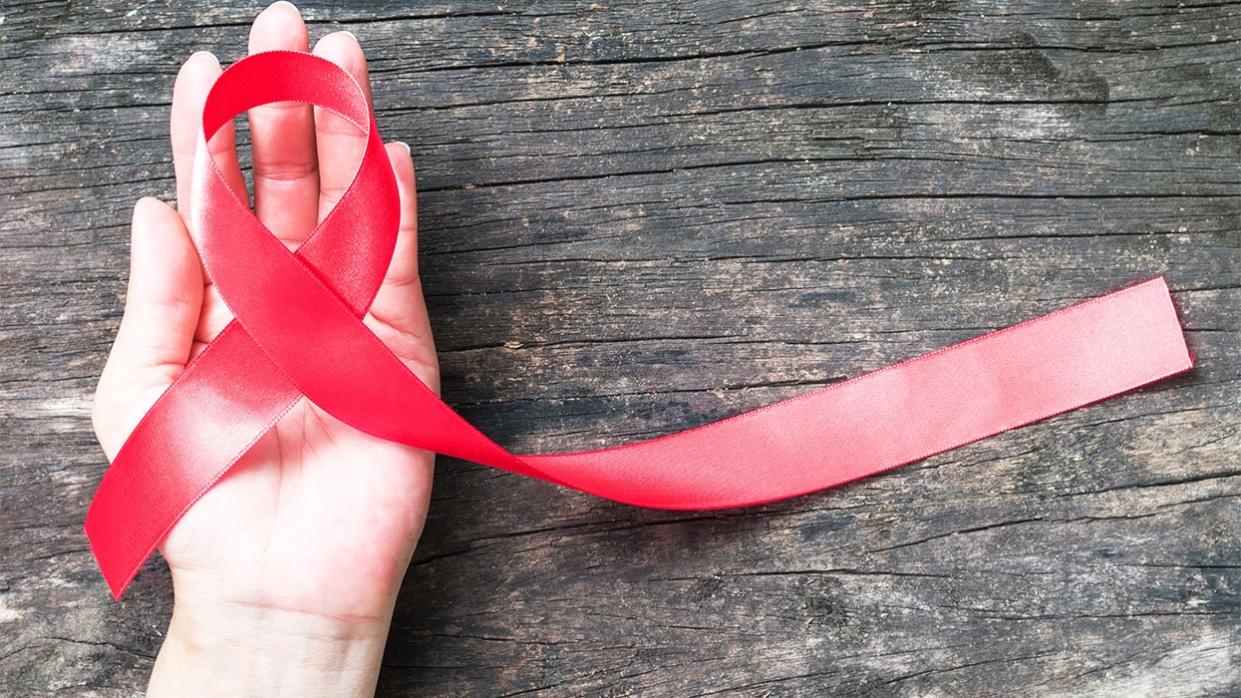From awareness to action: Mobilizing for HIV/AIDS awareness days

The effort to bring an end to the HIV epidemic is a battle being fought on many fronts. Research provides a greater understanding of what causes the spread of HIV and how to prevent it. At the same time, the development and testing of treatments improve the quality of life for those who contract the virus.
Awareness still plays a crucial role in maximizing these efforts. Awareness breaks down barriers and opens the way for the type of progress that can bring an end to the HIV epidemic.
National HIV/AIDS Awareness Days, coordinated by the US Department of Health and Human Services, are held regularly throughout the year to address the unique challenges that threaten effective prevention and treatment. These designated days help us pursue the overarching goal of increasing our understanding of HIV and how it impacts communities.
HIV is one of many preventable chronic health issues causing suffering in the world today. Yet, unlike others, HIV involves a stigma that makes treatment and prevention challenging. From the earliest days of the epidemic’s onset decades ago, those living with HIV have faced shame, blame, and judgment. As a result of the HIV stigma, most people are reluctant to have healthy conversations that support prevention and treatment efforts.
HIV awareness events create a safe space for healthy conversations, setting the stage for messaging that removes shame and judgment and replaces it with support and understanding. Awareness initiatives push past the stigma, helping those at risk or in need acquire the information and the help they require.
Many HIV awareness events slated throughout the year focus on unique population segments. These include awareness days for American Indian, Alaskan Native, and Native Hawaiian communities on March 20, the Asian and Pacific Islanders community on May 19, Southern US communities on August 20, faith communities on August 27, African Immigrants and Refugees on September 9, gay men on September 27, the Latinx community on October 15, the Black community on February 7, women and girls on March 10, and youth on April 10. According to Advocates for Youth, youth with HIV face legal and cultural discrimination that blocks access to treatment and support. National HIV and AIDS Awareness Day is designed to educate the public on how HIV and AIDS affect youth and urge policymakers to take appropriate action.
There are also several annual HIV awareness days focused on critical issues that play a role in prevention and treatment. For example, May 18 is HIV Vaccine Awareness Day, which focuses on the work being done to develop an HIV vaccine. Additionally, National HIV Testing Day is held annually on June 27 to encourage people to get tested, know their status, and connect with care when needed.
The stigma associated with HIV and the challenges it poses to prevention and treatment are addressed explicitly during Zero HIV Stigma Day, which is held on July 21. This day is designed to draw attention to how the stigma reinforces and amplifies the HIV epidemic by increasing irrational and negative attitudes.
Bringing an end to the HIV epidemic starts with a conversation. Awareness days foster that conversation, but they also have the potential to move people to action.
Awareness days inspire action, help motivate those at risk of exposure, and provide treatment guidance to those living with HIV/AIDS. For everyone, awareness days communicate the need to get tested and know your status.
Great strides have been taken in recent years to improve the prevention and treatment of HIV, yet the stigma that endures keeps advancements from achieving their full impact. Awareness days allow everyone to join the conversation, understand the risks, and take the steps needed to end the epidemic.
Lisa Barr is the executive director of Hope and Help Center of Central Florida, Inc. d/b/a Hope & Help. For over nine years, she has been overseeing the strategic planning, implementation, risk management, and organizational development of this vital community resource organization that provides HIV/STD prevention, education, testing, and treatment services. Barr holds an MBA from the Johns Hopkins University and a background in business development, marketing, and grant writing.
Want to share an opinion on an issue? Have an inspiring personal story to tell? Learn more by visiting out.com/submit.
Views expressed in Out's opinion articles are those of the writers and do not necessarily represent the views of Out or our parent company, equalpride.

